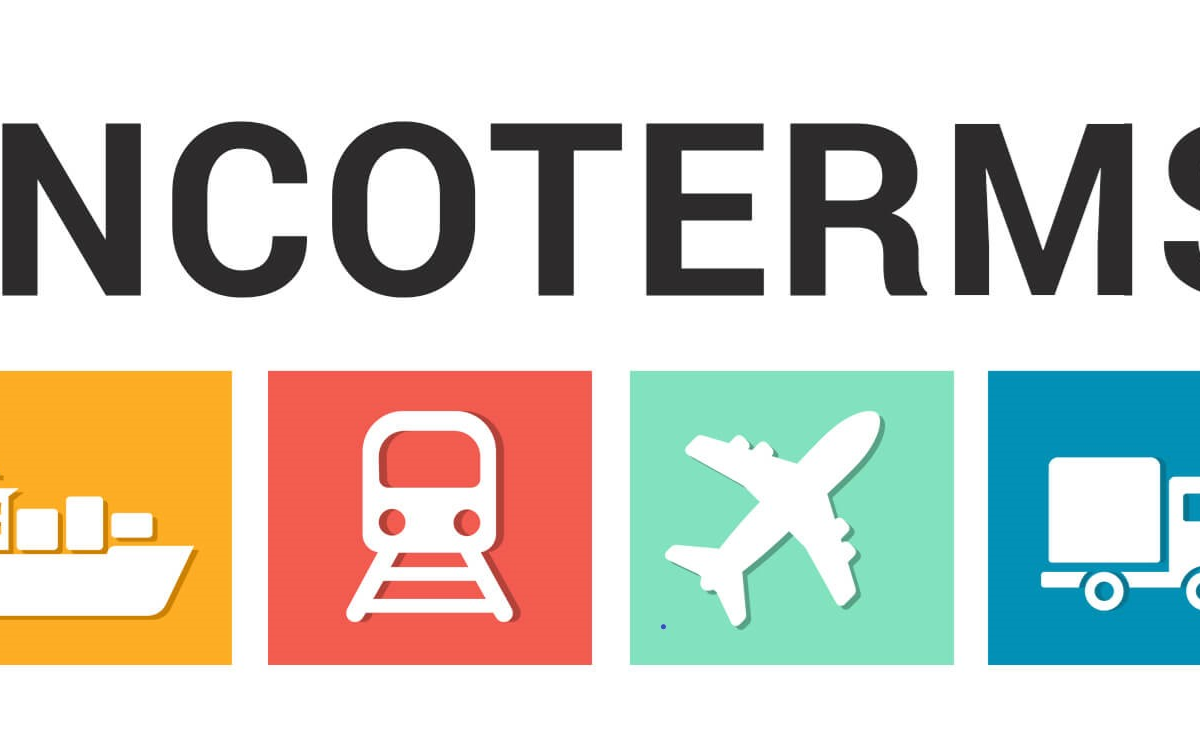This article is written by Austin Garcia
The Russia-Ukraine War: Reshaping Global Shipping and Trade Two Years On
The Russia-Ukraine War, which commenced on February 24, 2022, has fundamentally altered global shipping routes and trade dynamics as it passed its two-year anniversary in February 2024.
Shifting Routes and Diversifying Fleets
Since the conflict began, significant shifts in global shipping have occurred. Russia has strategically re-routed its oil and gas shipments eastward to sustain its vital revenues. Meanwhile, Ukraine has shown remarkable ingenuity in ensuring its exports reach the market, often avoiding direct superpower interference. A notable consequence has been the dramatic growth of the Gabon flag fleet by 287% to 3.1 million gross tons, alongside the fact that 52% of the global fleet is now classified by members of the International Association of Classification Societies.
Redrawing the Energy Map
Before the invasion, Russia was a dominant exporter of crude oil and petroleum products to Europe, supplying 2.6 million barrels per day of crude and 1.3 million barrels per day of products. These volumes have since plummeted, forcing Europe to diversify its energy sources, with many Russian cargoes now finding alternative destinations, particularly crude oil re-routed to Asia. The LNG trade map has also been redrawn, with a significant increase in U.S. LNG imports into Europe, displacing Asian imports and influencing LNG carrier tonne miles.
Heightened Maritime Security in Critical Waterways
Adding to the complexities, maritime security has become a paramount concern. A recent incident saw a Palau-flagged cargo ship, the Islander, targeted with two missiles off Aden, sustaining minor damage before being aided by military support. Western forces are actively engaging drones in the region, with ongoing operations across the Red and Arabian Seas, the Bab al-Mandab Strait, and the Gulf of Aden. These interconnected conflicts have intensified the security risks in key trade arteries, leading to significant route shifts driven by fear of attack. The UN Conference on Trade and Development (UNCTAD) reports that increased vessel speeds, driven by the need to navigate these hazardous zones, are causing higher fuel consumption and could potentially increase greenhouse gas emissions by 70%.
Economic Fallout and Global Implications
Beyond the immediate shipping disruptions, the war has led to increased trade costs, widespread infrastructure destruction, and a reduction in aggregate demand due to declining business and consumer confidence and heightened uncertainty. Russia has faced an unprecedented barrage of economic sanctions, including exclusion from major global financial services and the freezing of approximately $280 billion USD of its central bank assets. These profound impacts have dimmed the prospects for the global economy and led to downgraded growth expectations worldwide.
TradeFlex: Expertise in a Complex Global Landscape
In this era of shifting trade routes and heightened global uncertainty, navigating international commerce requires expert guidance. Here at TradeFlex, we provide critical services to help businesses adapt and succeed:
- Business Model Analysis
- Manufacturing Management Strategies
- Duty Tariff Optimization
- Compliance Management
- Regulatory Consultation
- Duty Reduction Programs
- Supply Chain and Tariff Engineering
- Cross-Border Solutions
With over 30 years of expertise, we help businesses “land softly” in Mexico. We ensure efficient, compliant, and cost-effective cross-border operations, even amidst complex global challenges.
Come work with us today at https://trade-flex.com.



